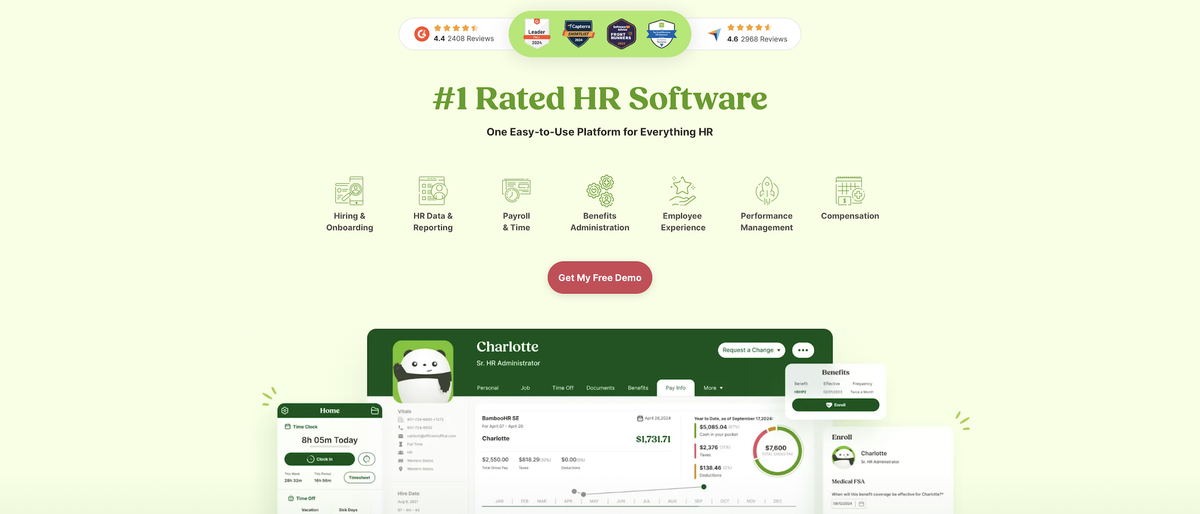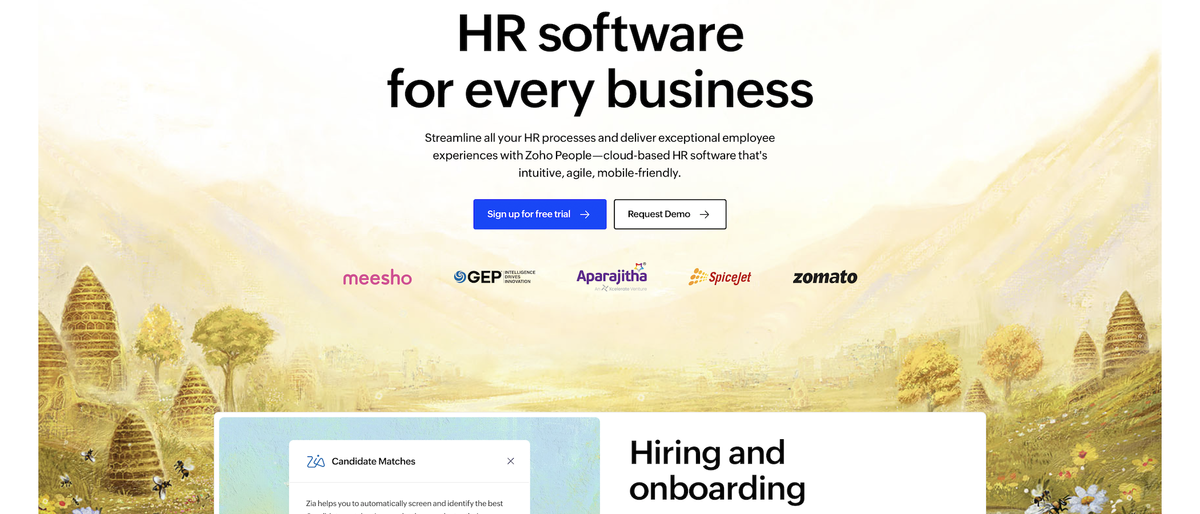The boot-up chime for Microsoft Windows 95 is being preserved in the Library of Congress, the National Recording Registry announced this week. The track was produced by famed songwriter Brian Eno, who reportedly wrote it on a Macintosh.
In an interview with the BBC in 2009, Eno was candid about the iconic song, saying, “I wrote it on a Mac. I’ve never used a PC in my life; I don’t like them.” So much for loyalty. He went on to describe how he pulled together 83 soundbites of music to produce the song. Microsoft had given Eno “about 150 adjectives” to describe the desired noise. “The piece of music should be inspirational, sexy, driving, provocative, nostalgic, sentimental…” he said.
Eno’s track was twice as long as the 3.8-second length Microsoft requested, but the company decided to use the entire thing because they felt it “conveyed the sense of welcome, hopefulness, and progress that they envisioned” for the new era of personal computing.
It could be argued that “The Microsoft Sound,” as it is officially called, is Eno’s greatest hit. No other composition of his has likely been heard as many times, by as many people around the world. It is hard to describe the exact feeling the track evokes—something of an uncanny feeling, living in an abyss between time and space. Computers back in those days felt like magic, and there was a lot of optimism about the future we were entering. The sound almost emanates a feeling of leaping into an entirely different, new world.
Besides the Windows 95 booting track, other 2025 inductees into the Library of Congress include the soundtrack for Minecraft as well as songs from artists including Elton John and Amy Winehouse.
“These are the sounds of America – our wide-ranging history and culture. The National Recording Registry is our evolving nation’s playlist,” Librarian of Congress Carla Hayden said. “The Library of Congress is proud and honored to select these audio treasures worthy of preservation, including iconic music across a variety of genres, field recordings, sports history, and even the sounds of our daily lives with technology.”









 English (US) ·
English (US) ·